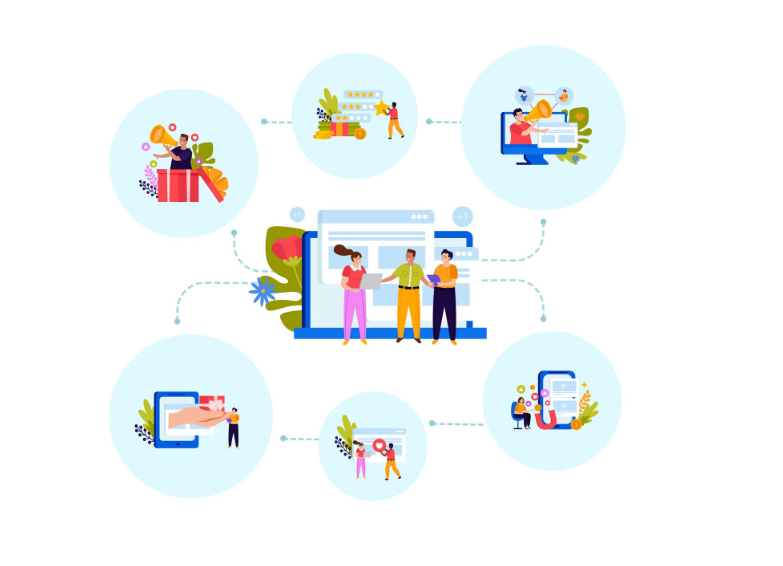
As social platforms expand, managing increased user traffic, data volume, and feature demands becomes a critical challenge. Scalability—the ability to grow without compromising performance—is essential for long-term success. Social Networking IT Solutions play a vital role in ensuring platforms can handle growth efficiently. This blog explores how IT solutions enhance scalability, enabling social networks to maintain seamless operations even as they expand.
The Scalability Challenge in Social Platforms
Social platforms experience rapid growth in users, content, and interactions. Without proper infrastructure, this can lead to slow load times, system crashes, and poor user experiences. Key challenges include:
High User Traffic: Sudden spikes in activity can overwhelm servers.
Data Management: Storing and retrieving vast amounts of user-generated content requires optimized databases.
Real-Time Interactions: Features like messaging and live streaming demand low-latency solutions.
To address these issues, businesses rely on Social Networking IT Solutions that provide scalable, reliable, and high-performance infrastructure.
Key IT Solutions for Scalability
1. Cloud Computing
Cloud-based solutions allow platforms to scale resources dynamically. Benefits include:
Elastic Scaling: Automatically adjusts server capacity based on demand.
Cost Efficiency: Pay only for the resources used, reducing operational expenses.
Global Reach: Distributes workloads across multiple servers for faster access.
Leading cloud providers like AWS, Google Cloud, and Microsoft Azure offer specialized services for social platforms.
2. Load Balancing
Load balancers distribute incoming traffic across multiple servers, preventing any single server from becoming a bottleneck. This ensures:
High Availability: Minimizes downtime during traffic surges.
Improved Performance: Optimizes response times for users worldwide.
3. Database Optimization
Efficient database management is crucial for handling large-scale data. Solutions include:
Sharding: Splits databases into smaller, faster segments.
NoSQL Databases: Support unstructured data and horizontal scaling.
Caching: Stores frequently accessed data in memory for quicker retrieval.
4. Microservices Architecture
Instead of a monolithic system, microservices break applications into smaller, independent components. Advantages include:
Faster Updates: Individual services can be updated without affecting the entire system.
Better Fault Isolation: A failure in one service doesn’t crash the entire platform.
5. Content Delivery Networks (CDNs)
CDNs store static content (images, videos) on distributed servers, reducing load times by serving data from the nearest location to the user.
Case Study: A Scalable Social Platform
Consider a mid-sized social network experiencing rapid growth. By implementing:
Cloud-based auto-scaling to handle peak traffic.
Load balancers to distribute user requests.
NoSQL databases for efficient data storage.
The platform maintained performance despite a 300% increase in users, demonstrating the effectiveness of modern IT solutions.
Conclusion
Scalability is a make-or-break factor for growing social platforms. Investing in the right Social Networking IT Solutions ensures seamless expansion, improved performance, and a better user experience. From cloud computing to microservices, these technologies provide the foundation for sustainable growth.
For businesses aiming to scale efficiently, partnering with IT experts who specialize in scalable infrastructure is a strategic move toward long-term success.









Write a comment ...